Washington, Feb 08 (V7N) – Mirza Fakhrul Islam Alamgir, Secretary General of the Bangladesh Nationalist Party (BNP), has alleged that former Prime Minister Sheikh Hasina is orchestrating a new conspiracy against Bangladesh from India. Fakhrul made these accusations during a view-sharing meeting held in Washington, USA.
Allegations of Instability and Anarchy
Mirza Fakhrul claimed that Sheikh Hasina, along with others who have reportedly fled to India, is actively plotting to create instability and anarchy in Bangladesh. “Their aim is to disrupt the nation’s progress and fuel political chaos,” Fakhrul asserted during the meeting.
He further alleged that Sheikh Hasina recently made insulting remarks during a telephone conversation, targeting those who participated in the July-August protests. Fakhrul condemned these comments, emphasizing that such rhetoric only deepens the political divide and threatens national unity.
Call for Early Participatory Elections
In response to the current political climate, Fakhrul reiterated the BNP’s demand for early elections. “Given the current situation, it is imperative to form a government truly representative of the people through early participatory elections,” he stated. The BNP has consistently pushed for free, fair, and inclusive elections as a means to restore political stability and uphold democratic values in Bangladesh.
Political Tensions on the Rise
These allegations mark the latest escalation in the ongoing political tensions between the BNP and Sheikh Hasina’s Awami League. With the country still grappling with the aftermath of the July mass protests, the BNP’s accusations highlight the deepening mistrust and polarization within Bangladesh’s political landscape.
The Awami League has not yet responded to Fakhrul’s claims. However, this development is expected to fuel further debate and scrutiny regarding Sheikh Hasina’s activities abroad and the BNP’s call for electoral reforms.
As the situation unfolds, both domestic and international observers will be closely monitoring the political discourse and its potential impact on Bangladesh’s stability and future governance.
END/MSS/AJ



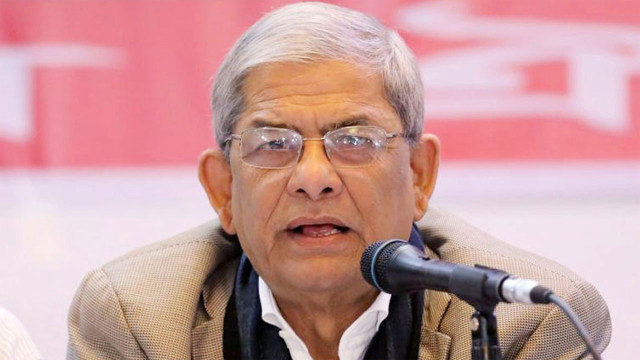
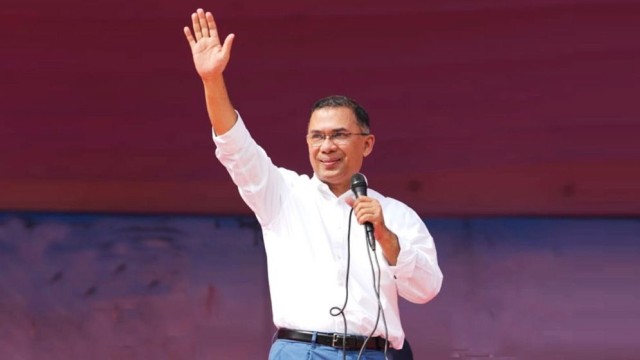

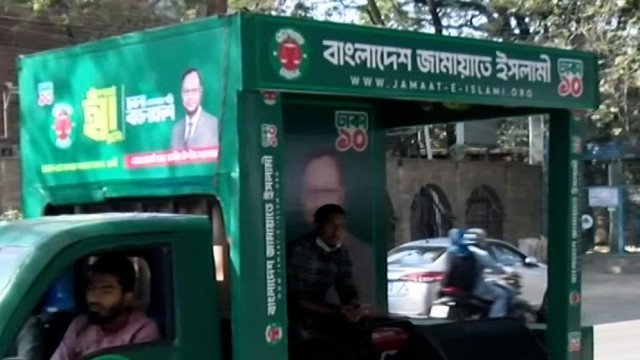
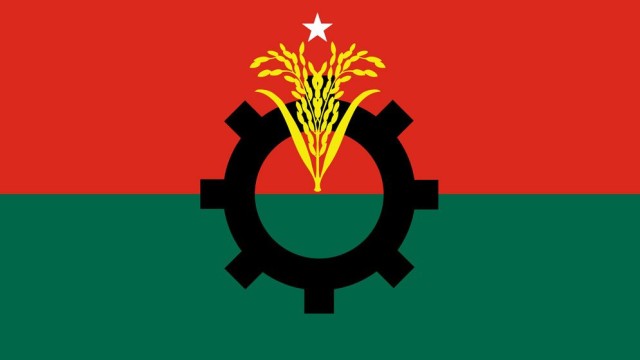
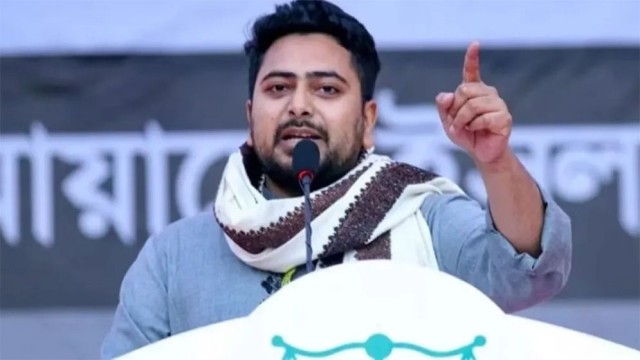
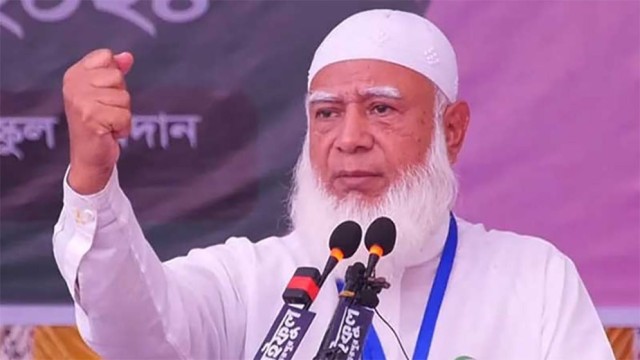

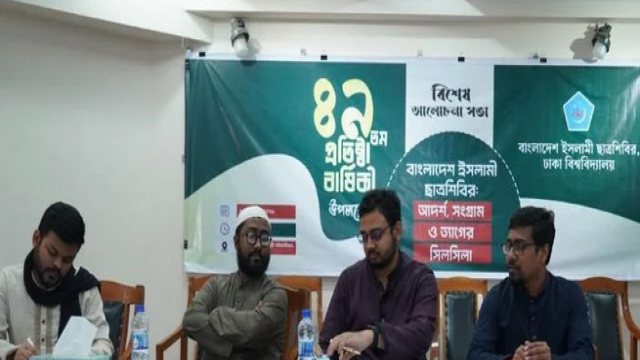


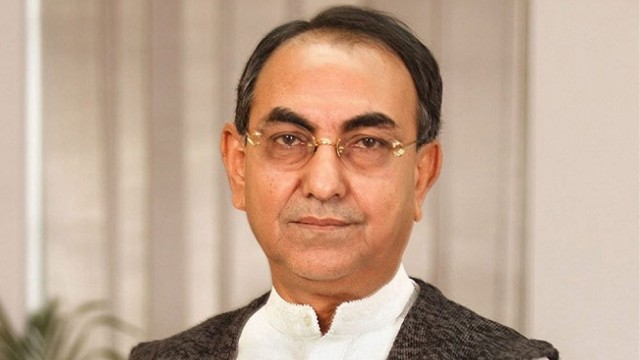

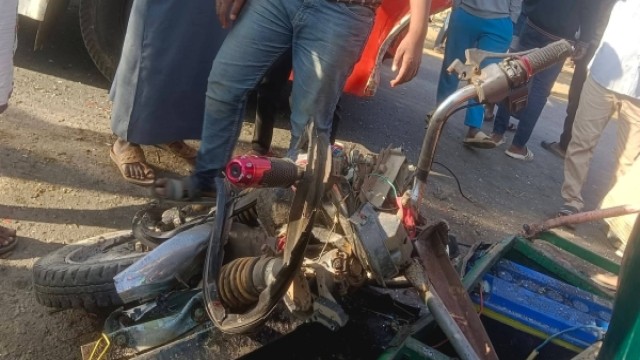
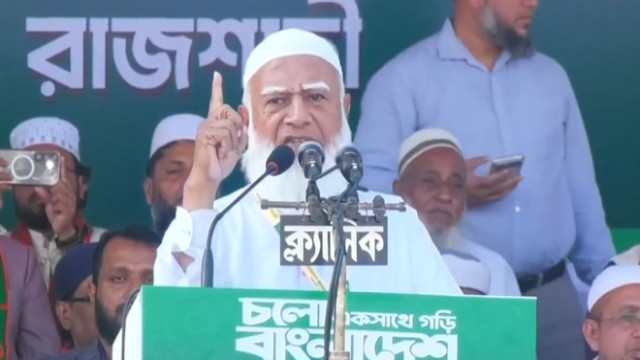










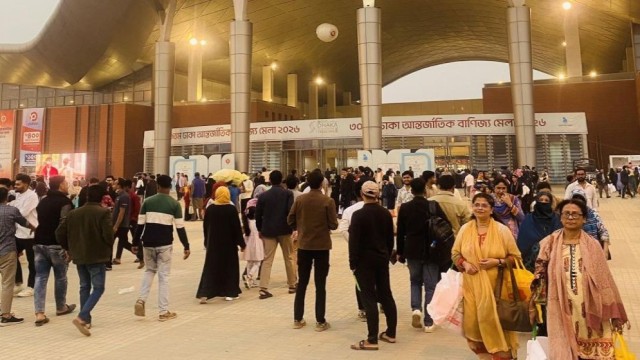
Comment: